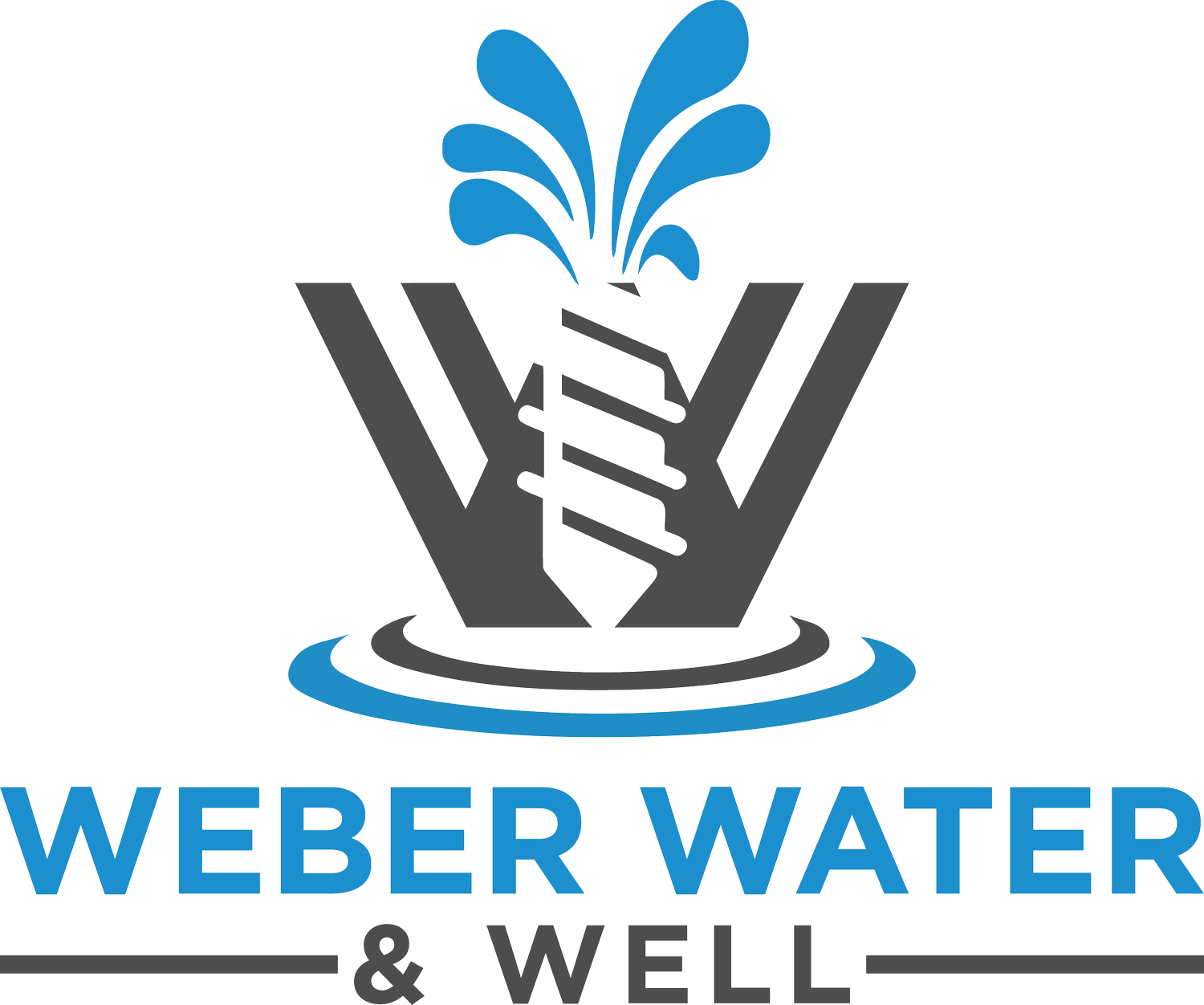Maximizing Efficiency: The Role of Routine Water Pump Repair in Water Conservation
Imagine a world where every drop counts, where efficiency in water usage is paramount. The key to achieving this lies in routine water pump repair. By understanding the importance of maintaining these vital components, we can contribute significantly to water conservation efforts. Join us as we explore the critical role that routine repair plays in maximizing efficiency and promoting sustainable water usage.
Understanding the Importance of Water Pump Maintenance
In the realm of water management, water pumps serve as the heart of the system, ensuring that water flows smoothly to its intended destinations. However, without proper care and maintenance, these pumps can quickly fall into disrepair, leading to inefficiencies and water wastage.
Routine water pump repair is essential for detecting and addressing issues early on, preventing costly damages and disruptions to the water system. By staying proactive in maintenance, we can extend the lifespan of water pumps and optimize their performance, ultimately contributing to water conservation efforts.
Moreover, regular maintenance helps identify potential leaks, malfunctions, or inefficiencies in water pumps, allowing for timely interventions that reduce water loss and promote sustainable water usage. By prioritizing routine repair tasks, we can uphold the integrity of our water infrastructure and minimize environmental impact.
It is crucial to recognize that neglecting water pump maintenance not only jeopardizes the efficiency of water distribution but also puts a strain on water resources. Investing in regular repair and maintenance not only saves costs in the long run but also aligns with the broader goal of ensuring responsible and efficient water usage.
By underscoring the significance of water pump maintenance, we underscore our commitment to preserving this vital resource for future generations. Through diligent care and timely repairs, we can pave the way for a more sustainable and water-efficient world.
Common Issues Addressed by Routine Water Pump Repair
Water pump systems are prone to various issues that can hinder their performance and compromise water efficiency. One common problem is clogging, where debris or sediment accumulates within the pump, impeding the water flow.
Additionally, leaks in the water pump system can lead to water loss and inefficiencies, putting a strain on water resources and escalating operational costs. Detecting and repairing these issues promptly is essential to maintaining the optimal functioning of the water system.
Another prevalent issue is motor malfunction, which can significantly impact the performance of the water pump, leading to disruptions in water supply and potential wastage. Routine inspection and repair can help identify and rectify these faults before they escalate into more serious problems.
By addressing these common water pump issues through regular maintenance and repair, we can mitigate water loss, enhance system efficiency, and promote sustainable water management practices. Proactive intervention is key to ensuring the optimal performance and longevity of water pumps.
Understanding the root causes of water pump problems and taking proactive steps to address them can yield significant long-term benefits in terms of water conservation and operational efficiency. By staying vigilant and responsive to maintenance needs, we can safeguard our water infrastructure for generations to come.
Whether it's clogs, leaks, or mechanical failures, each issue addressed through routine water pump repair brings us one step closer to a more sustainable water future. Let's prioritize maintenance and repair to maximize efficiency and minimize water wastage in our water systems.
Efficient Water Conservation Techniques Through Pump Optimization
Optimizing water pump performance is integral to enhancing water conservation efforts and promoting sustainable resource management. By adopting efficient water pump techniques, we can minimize wastage, reduce operational costs, and mitigate environmental impact.
Variable frequency drives (VFDs) are instrumental in controlling water pump speed based on demand, allowing for energy-efficient operation and precise flow control. By utilizing VFD technology, we can optimize pump efficiency and minimize energy consumption, thereby contributing to long-term savings and environmental sustainability.
Implementing smart pump monitoring systems enables real-time data collection and analysis, facilitating proactive maintenance and timely intervention in case of issues. These technological advancements not only enhance system reliability but also empower operators to optimize performance and resource usage.
Water pump efficiency can also be enhanced through regular system audits and optimization processes that identify potential improvements and upgrades. By fine-tuning operational parameters and adopting best practices, we can maximize water savings and ensure the sustainable use of this valuable resource.
As we embrace innovative solutions and technologies in water pump management, we pave the way for a more efficient, resilient, and sustainable water future. By combining maintenance, optimization, and technological innovations, we can achieve significant gains in water conservation and environmental impact reduction.
A Call to Action for Sustainable Water Management
As we reflect on the impact of routine water pump repair on water conservation, we are reminded of the crucial role that maintenance plays in safeguarding our precious water resources. By staying vigilant and proactive in addressing water pump issues, we not only ensure the longevity of our water systems but also contribute to a more sustainable future. Let's strive to prioritize repair and maintenance in our water management practices to maximize efficiency and protect this invaluable resource.


